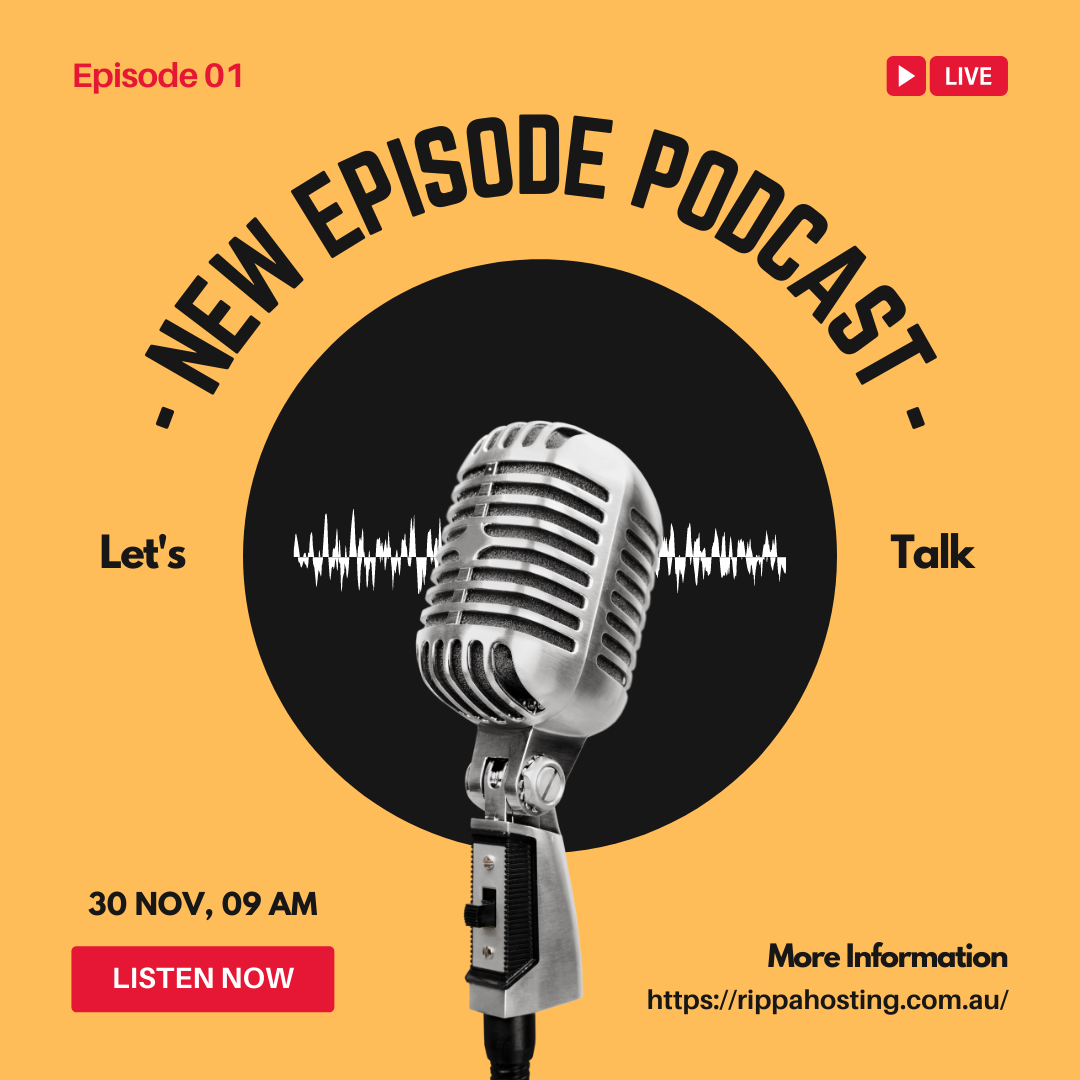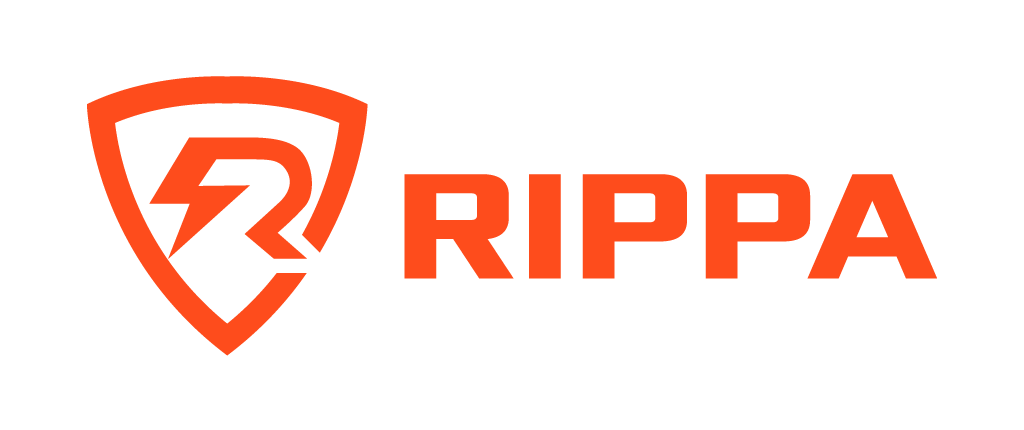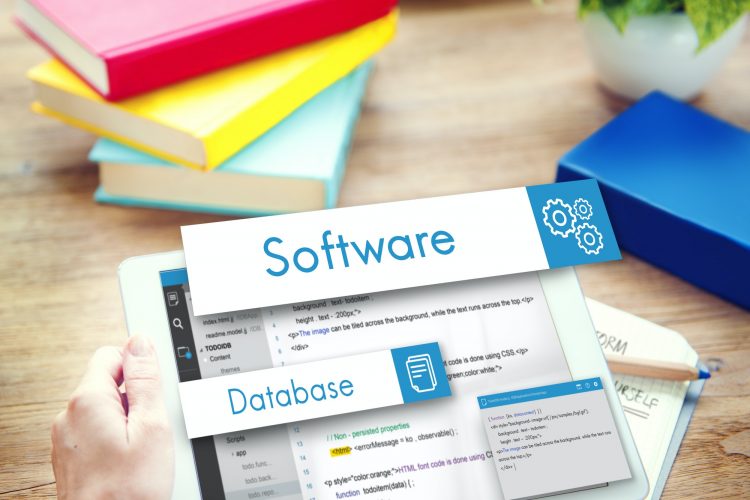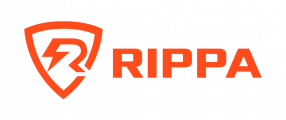
00:08
Avon Collis
Hello and welcome to the rip out hosting podcast, where we talk all things, marketing and technology with professionals in the industries and understand what’s making them successful and what’s new and changing in the market place. Even cost CRM and marketing specialists and all around good guy. I am joined by Sean Sullivan from KU running system solutions and Ben Newson from physics education. You to talk about the growing trend in online education and what’s going on in those sorts of massive welcome guys. How you gone?
00:49
Ben Newson
Am I, how you doing? Thanks very much for having us.
00:52
Avon Collis
Oh, good. Oh, good. Why don’t we get, kick it off with, the physics education, obviously you guys, Tom spells, if I did I see S which is, unusual, however, tell us a bit more about what does it do?
01:10
Ben Newson
Yeah, we talked to bill, but, yeah, it was a bit of fun. We seem to put some fun into science education, but yeah. For since 2004, we’ve been teaching science to, well, several million kids now face to face doing programs at the schools, preschools by cation cares and more, and also working with the corporate sector, doing social impact programs and using science is a vehicle for that. Have a lot of fun with it, but certainly in the last couple of years been doing a lot of online things.
01:37
Avon Collis
Several million is pretty epic. I think that a lot of times people go, thinking about your logo and I’m thinking like the little seizing baker over the top and, I’ve got an education group, is it like, I mean, I’ve spoken to a lot of educational groups and they might go to a couple of schools that this is quite significant. This is huge, like corporate impact stuff as well.
02:05
Ben Newson
Yeah. Honestly, I didn’t think it was going to happen years ago. The usual story of a business starting in the second bedroom, like genuinely sorry. Yeah, product COVID, were definitely working about four or 500 schools a year face to face, but also dealing with, all sorts of education programs around the world, and private certainly, a bit to a whole nother level and certainly in the online space.
02:29
Avon Collis
Yeah. Quite a few people and, certainly a lot of content that you got to use and manage that.
02:36
Ben Newson
Perfect. Yeah, absolutely. In terms of content, I mean, we run a forty-five programs out into schools and whatnot, but we also have quite a large website, several hundred, free experiment resources. We have a couple of hundred podcasts. There’s another couple of hundred, teaching articles and a whole bunch of signs tribute, which is we have a couple of three to 5,000 people coming through our site a day because of it.
03:02
Avon Collis
So you started like last week.
03:05
Ben Newson
Yeah. You started last week when I was there. This has been going on for a couple of, quite a few years building that website.
03:12
Avon Collis
Wow. What I get to see some of the challenges that you’ve had along the line?
03:18
Ben Newson
Well, I mean, everyone’s had their private world, happen, for us, the challenge was that we did have a website that had a lot of great content for people to use probably is a good little popular. I mean, if you have a teacher share, Hey, I do this, lesson for example, and that’s 30 students just to their own class. If that gets shared out to a couple of teachers, it multiplies per teacher by 30 students, you kind of gets, you can see how the mathematics has to play out when it gets shared around the different schools around the place. The biggest challenge we had from an online, side of things was making sure that website could work during national science week. And, we had a lot of people coming through science education website at that particular time.
04:05
Avon Collis
I can imagine, and I can only imagine some of the technical, back in issues that would have pull us. We’re very fortunate today to have, shown here talking about, those technical challenges site. Joan, why don’t you tell us more about what your role indices?
04:24
Sean Sullivan
Okay, well, yep. I’m Sean Solomon who runs business solutions, visionary, to come. Even though I started back in, under a different grandma back in 2010, and since then we’ve been working with plants, such as taking them through their digital transformation journey. What that means in normal street is we work, but we work with our clients to make sure that their stuff is up in this castle along and make sure that we do it as efficiently, as possible and automate as much as we can.
05:05
Avon Collis
I can imagine that automation part would be very important, particularly with given the sheer volume of information that’s going to be managed and even the people and the resources and the events and all those sorts of things,
05:16
Sean Sullivan
It is. If I could throw out just a couple of numbers very quickly, wasted time. If you’re looking, at a company or bigger than bans put in that, so I listen to the numbers that I have a company of around 50 staff, five times a day, $5 a week, 50 weeks a year, if they just wasted two minutes, time comes down to just over 2000 hours or one full-time employee. With van and bringing that back to Ben, what we had to do was allow him to scale without adding an extra burden of labor cost to business is bottle.
06:03
Avon Collis
There was a, a freight side of the dose, and I can only imagine the numbers to be astronomically different for this now, but there was a, a Deloitte report came out and it said that average revenue per employee in a non increasingly optimized company was about $94,000 on average, but 194,000 individually up the ones company, more than double to have that money and not have that head count costs. That’s phenomenal.
06:35
Sean Sullivan
The beauty of automation is the standard or assist the process. The second part, there is a mundane tasks away from your employee supplied from the playbook. So they can do more productive work. That’s where the money comes,
06:55
Avon Collis
I suppose, that would increase, job enjoyments and, the feeling that they are more important or valued, or maybe even, now you’ve got more qualified people instead of a lot of tasks. The people that, aren’t cheap of wages, or even confess like, you can push those tasks down the chain because the lower levels are more able to do to get back to things.
07:21
Sean Sullivan
For the owners, it gives peace of mind. It also allows them to free that they brain space to work on the creative stuff, to actually start working on their business.
07:34
Avon Collis
What was some of the technical challenges of working with, the physics sock and getting them up to.
07:45
Sean Sullivan
The speed of implementation? so Ben needed to iterate and move very quickly during COVID, take advantage of opportunities, mitigate risks. The one on the challenges they have is to be able to produce, well, to be able to be on a system that was scalable enough to be able to move up and down at any point in time and we needed to, so weren’t wasting resource and, the other challenge there working with bamboo is actually, really just getting the time in between the two companies, to make sure that we have clear guidelines. We got please go, and the, we use a very each writing process. That, yeah, that’s how we handled it. There was a few that late nights early in kind of it for Ben and I asked as he leaned on me as his sounding board. The pivot of the big major tonight from a, online and face-to-face company to a purely online company,
09:05
Avon Collis
I think that, everyone’s had to have that little bit of, a reality check and that, there was already a massive trend to this digital, like online B2B commerce, B to C commerce, even before COVID pains. It’s been a huge slap in the face for everybody to happen to him. And, it’s interesting to say about that iterative process. I think that there’s a lot of aha moments that come out of going through and like just understanding the capabilities and what the value and what you can actually do. It’s not until someone gets their foot in the door that didn’t have another, I can do that as well. Really. I had no idea. So,
09:47
Ben Newson
I mean, one thing I can add to this too, by the way, is, I mean our teams in Australia and, Sean’s team well isn’t, and, also that teams spread across air and everyone’s dealing with remote things and be able to, have a coherent document that everyone knows who’s doing. What, when is pretty important in the iterative process.
10:09
Avon Collis
Well, I think that, you mentioned earlier that you’ve had an online presence before, and then you’ve really had to apply that, like really focusing on the value of that online presence. How, how does that mean?
10:28
Ben Newson
Yeah. Some of the challenges where people are in some ways fighting through the noise, so we’ve been doing, virtual online programs. Face-to-face like live events, through online things through, for over 10 years, but that didn’t mean anything when everyone’s suddenly doing one of these things. One of the very first things that we had to do at the right at the start at COVID was making sure that people actually knew and understood this with a very simple header banner that was right across the world. A website, there are online programs on this site for you and your classes while you’re sorting things out. That was like a real quick instant win was to do that right away. But, is we look further forward a bit. We cut our teeth, for nearly 17 years on doing these live events. They completely neglected looking at online courses at producing a downloadable resources at a nominal cost.
11:23
Ben Newson
For us, especially as we slowly limped back into traditional live events, our team is actually focusing quite heavily on producing a lot of those and putting it right through the site even further and we’ll continue to do. I don’t, I don’t see this as a COVID thing. I mean, a bit like what you’re saying with assessments of what this is a process to exit like apple is now what one’s really through the door. It’s like, well, let’s keep on going. All right.
11:48
Avon Collis
Well, I think COVID only sorta, was an accelerant for a lot of changes and those sorts of things that are now just, moving at a much greater rate of no,
12:02
Ben Newson
Yeah, it is absolutely. I, I mean, everyone’s got their own different versions of what online, complete transformation can be, but I mean, I kind of look at it as it is a force multiplier. Of course, it’s gotta be time put into it to be able to produce, resources that the world values is that you don’t want to put something that’s rubbish out there. At the same point, if you get that real, link between the technology, working with the resource that people can access and then putting it strapping it together with a bit of marketing, every company in every industry sector can really make a huge, huge impact.
12:38
Avon Collis
I think the thing that I like about these technology changes is as mostly it’s empirical, there’s a stat behind this has no feeling behind it.
12:52
Sean Sullivan
It is very objective. I was actually going to bring that up. You asked how a knew and what we do, getting the analytics in place on the site properly and the goals and all of those things to tell us the numbers that we actually needed to get the heat map in place to get the scroll mapping in place. So we can be with the interactions. We can be very quick. We’ve been having one way between three and 10,000, depending on the diabetes, we can give them very quickly. We can get accurate feedback. Have we been looking at something that’s just been released and based on the last seven days, the heat mapping, we know exactly where we’re moving things around on this landing page.
13:43
Ben Newson
A hundred percent. I mean, we’re looking at landing pages, the homepage is somewhat important and does a box will now site that despite all that traffic, not a single person was clicking on it. You’d have to argue why is it there? Or what else could you do with that? the digital property. Yeah, exactly. That’s a good example.
14:08
Sean Sullivan
Yeah. It’s expensive real estate. I love anything that you can see above book, but above the fold. For anyone that’s listening, anyone that you can see on that first page, that website, without scrolling down, you want it to be interactive.
14:29
Avon Collis
Well, it’s amazing, like you think about that. You think about things on Google and on that first page, there’s literally just a search bar, couple of other mountain of links that I keep that as soon as possible. And, there’s a market perception that someone that does something, reasonably well or does one thing really is to save his bed or the dust, several other things potentially also equally well. They just, by that specialization boss, definitely getting rid of stuff decluttering really,
15:04
Ben Newson
Also think about like, not only does it make it easy to traffic in and go through the site and find the thing that you’re looking for. It also effects download space, right? The more stuff that shoved onto a page, the more the server has to serve it to the person who’s trying to look at that page. It slows the whole thing down and worse. What if the stuff you’re trying to serve to that particular visitor is stuff they don’t want in the first place. It just pulls it up. Right.
15:29
Avon Collis
So how important has.
15:32
Ben Newson
A massively, I mean, I would argue everyone would say the same thing. It’s like trying to, I just want to find the restaurant. I just want to get on, what are you going to feed me? so for me, I don’t care which industry of the past of the website better for me, it’s, it is very important. And I think that’s an ongoing process. I mean, iterates has come up a few times in this conversation, but it really is something that can always be done because I mean, I ha I’m terrible with remembering the stats and reports and things like vaguely. Remember some e-commerce things saying for every point, one of the second that you shave off the load time, you get X amount return and that’s irrespective of not changing a single thing on your site, just letting them down, letting that speed perform faster.
16:17
Ben Newson
I feel like, well, that’s real tangible numbers that are actually big powerhouse. Places are doing the stats on big e-commerce websites. How’s that any different to an education website that needs to serve resources to a teacher? I mean, the time for the last thing they want to do is traffic go through a site it’s chewing up their time. Even if the content is good, if they can’t access it quickly, that’s not good to them. And they’ll move on.
16:41
Sean Sullivan
We’ve noticed noticed it has, it was one of the factors to move to river, running. We consolidate it all that was around the blood, to Australia. We went and went with live on river and on the promise of faster speeds, then we have, as you said, you asked me to speak for the group.
17:07
Ben Newson
Yeah. I can actually give you real data on that too, because I was looking at it just prior to this chat. So very much real data. Our price, what we’re doing with the other service, we’ve got four seconds on server response time, straight away. Oh, that’s real data. Like my own data is four seconds. Pastor that’s four seconds per page, person, per day, times three to 5,000, 10,000 visitors. That’s a lot of time that’s not being wasted in the education community, let alone the potential opportunity for us to convert.
17:37
Avon Collis
Well, division aside, every time people visit. Yeah. Now the mob visits, 10 more pages than that hour that they did. So that’s all good stuff as,
17:50
Ben Newson
Yeah, exactly. I mean, we w parents had in kids are using our site by far more than people who are potentially going to spend it all on.
17:59
Avon Collis
How important is the right foundation? So yes,
18:02
Ben Newson
But don’t choose one that shaky. So yes. Very important. Sean.
18:10
Sean Sullivan
Had the right foundations for the right time. A lot of people do this, any technology, at that time that they made the choice that might’ve put the right decisions, business requirements, change the technologies change just what’s available, changes the offers, change from suppliers and vendors. You need to be going back and reviewing that on a regular basis. And if it’s not working,
18:46
Ben Newson
There is a.
18:46
Sean Sullivan
Business case for your, you just need to be here, right. There’s something better. We’ve invested this magic and you hear it a lot from all the new systems, put this much money into it. We’re going to continue on where the opportunity costs not having the right.
19:03
Ben Newson
Sunk cost. Fallacy is a big problem. I mean, it’s kinda like when you should review your mobile phone plans. People talk about your own mortgages of your house. Like how often should you revisit that? guilty. I don’t do enough of that, but you’re right. I mean, technology is no different.
19:21
Avon Collis
Well, I think, we told me that things like SEO and a lot of times they want that stuff. And, a lot of times people will spend, the first thing I’ll do to suck, oh, I need to see a, I’ll spend thousands of dollars on, reducing image sizes, adding keywords, all those sorts of things. When some of the biggest and fastest and easiest and cheapest performance games can just be done by having a good quality with box. We’re even making sure that the server is in the country, that you actually setting the website. We’ve been rising seventh and you tag your us. And, having that localization means that now banks better on Google because, the server is where the Bismarck visit is off. Cause that’s like you and your dog, UK and UK. So naturally it’s going to wrap up,
20:16
Ben Newson
Well, I mean, when you say, as I mentioned, I’ve done a lot of web conferencing for many years, and an easy, simple thing you can do is, if you’re taking with someone in New York clap and have another screen and watch the class to come back, how long it takes. That data had to be transmitted through all sorts of different places to get to the person. I I’m in Sydney, I’m talking to, someone in New York, the data, how long it takes can be quite considerable. Well, that’s going to be the same for every bit of data, not just a web conferencing.
20:46
Avon Collis
Yeah. We’re conferencing valid, gets a packet far go through, in a front, in front of everything else. So, awesome. Well, it’s been really good having you guys here today. I guess for anyone listening, if you’re interested in finding anything more about who runs business solutions, you can go to dot com Diaoyu and if you want to learn more about physics education, if I doubled it, I see S you can go to physics, education.com dot a U. It’s been really fantastic having you guys thank you very much for coming along. If you’re listening to the podcast and you don’t have any questions, or you’d like to be on the show, you can check out dot com w otherwise thank you for listening and take him.
A panel of experts from Cool Runnings Business Services and Fizzics Education discussed how to operate a large educational website. The educational advantages of fizzics will be discussed here. Our conversation focuses on some of the challenges you faced. A look at what cool runnings can do. How important are good foundations to a project’s success?
Check Out: https://rippahosting.com.au/
Fizzics Education: https://www.fizzicseducation.com.au/
Cool Runnings Business Solutions: https://coolrunningsbusinesssolutions.com.au/
#newpodcast #marketing #webhosting #Rippa



